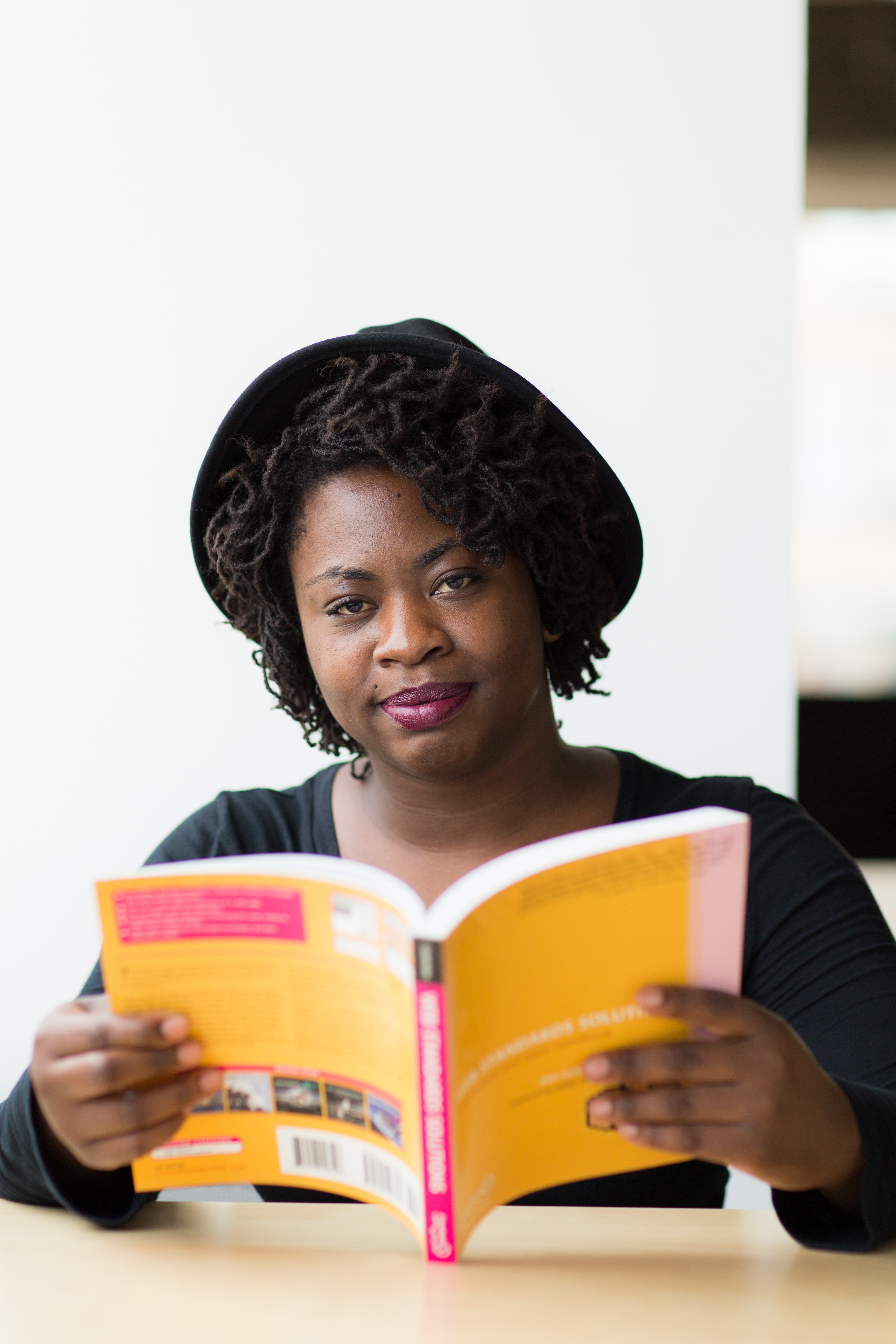Abstract
National data on Black women in higher education has typically been presented through a deficit lens. General interpretations have suggested that in ‘comparison’ to white women, the rate at which Black women enroll in college or secure faculty appointments is less than ideal. While this data is intended to highlight systemic inequities in opportunities for Black women in higher education, too often it is (mis)used to justify the intellectual inferiority of the group. However, the same data—when examined through a critical lens—reveals something much more complex; which the present article attempts to unpack. Given the abounding obstacles Black women in academia experience due to the confluence of racism and sexism (and other interlocking systems of oppression), their perseverance, though painful at times, is rather remarkable and reason to pause and reflect; here’s why. Black women’s persistence is emblematic of our collective resistance to anti-Black structures, ideologies, and practices that are historically and deeply ingrained in institutions of higher education—namely, though not exclusively, predominately white institutions (PWIs). Beyond data points, Black women represent a collection of untold stories of struggle, advancement, and linked fate. When shared, stories provide strength, hope, and healing, and the courage to transform old systems and reimagine new academic spaces that recognize the humanity and value of Black women and their contributions to the academy. Given the importance of (counter)storytelling, the research highlighted within this current issue provides varied narrative and autoethnographic accounts of the lived experiences of Black women in higher education. Across each article are points for reflection and clear recommendations for action. More implicit, but nonetheless present, is an urgent call for greater cultural responsiveness in higher education. A topic that is introduced and explored briefly here in this opening article.
Authors retain copyright control of articles published in the journal. Reprints cannot be granted for articles in new issues. Except in these cases, those who wish to reprint articles, large excerpts, figures, graphs, tables, or images should contact authors directly. When referencing any published articles from this online journal, JAAWGE is to be credited as the publication outlet. We suggest including the URL link to JAAWGE. Permission to copy an article is provided to all subscribers, but cannot be sold, except by its author(s). Authors are free to disseminate and post their articles.

